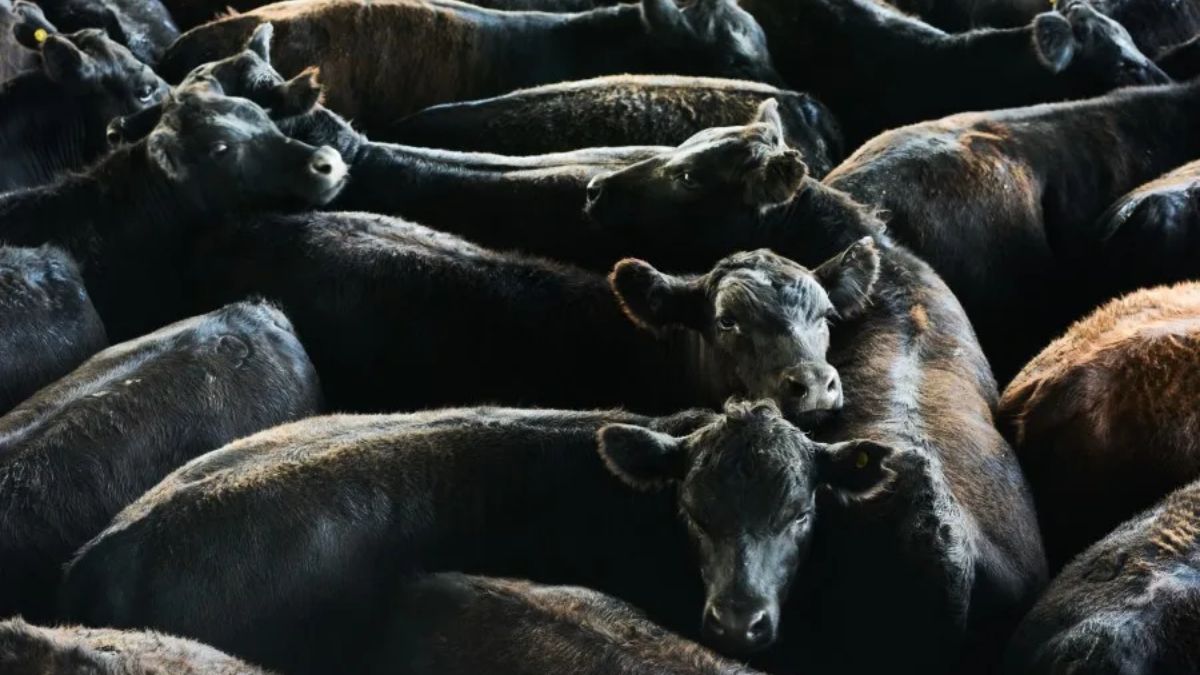In the United States, the price of ground beef reached a record $6.32 per pound, driven by pandemic-related supply-chain shortages. In response, the White House announced a plan to bring in more beef from Argentina, aiming to reduce costs for consumers.
As part of the policy shift, beef imports—previously low because of U.S. tariffs on Brazil and restrictions on Mexican markets—are set to increase. Meanwhile, the U.S. government authorised a bailout for Argentina amid its economic crisis.
Nevada’s Ranching Industry and Local Concerns
According to the Nevada Department of Agriculture, by 2022 Nevada was home to more than 1,100 cattle ranches—mostly in the northern part of the state—which together contributed more than $300 million to the state economy.
Both of Nevada’s Democratic senators — Catherine Cortez Masto and Jacky Rosen — have voiced strong opposition to the administration’s plan, citing concerns for ranchers and the state’s economy.
Political Actions and Statements
On Thursday, Senator Cortez Masto announced that she would support legislation to prevent the U.S. Treasury from delivering a bailout to Argentina — a figure she said had risen from $20 billion to $40 billion. She stated that while Nevada families were struggling — from buying coffee to finding housing — taxpayer dollars should not be used to bail out a foreign regime’s economy.
On social media platform X, she shared a clip of former President Donald Trump discussing beef imports and added the comment: “Donald Trump (R-Argentina) is putting Americans last.”
Senator Rosen also pledged to join the same bill. She told reporters she would work to block the imports, emphasising “How dare he let in somebody else’s beef that’s going to hurt our cattle ranchers … I’m not going to stand for it.”
Industry Outcry: U.S. Cattlemen Push Back
The National Cattlemen’s Beef Association (NCBA) strongly criticised the import plan. In a statement they argued that U.S. cattle producers — who provide “the safest, highest-quality beef on earth” — shouldn’t be undercut by more imports from Argentina simply to manipulate prices. They called on the administration to let the market work and to focus on key issues like protecting against foreign animal diseases and reducing regulatory burdens.
Ranchers shared similar frustrations. The NCBA noted that Argentina’s trade relationship with the U.S. has been heavily lopsided (over US $801 million of Argentina beef sold to the U.S. in five years vs. just over US $7 million of U.S. beef to Argentina). They also raised concerns about disease issues like foot-and-mouth disease and track records of animal-health enforcement.
Why Ranchers Say This Could Backfire
Industry analysts warn that importing more beef from Argentina may not lower retail beef prices substantially. One reason is the scale: Argentina simply may not be able to supply enough to make a major difference in U.S. markets. Moreover, there is a risk that beef from Brazil (which has a weaker food-safety reputation) could be re-exported through Argentina, raising further concerns.
Many ranchers also say the policy conflicts with an “America First” agenda: bringing in foreign beef may harm domestic producers and rural communities rather than help.
Key Facts at a Glance
- Ground beef price: ~$6.32 per pound.
- Nevada ranches: >1,100 in 2022; contributes >$300 million to state economy.
- Proposed Argentina bailout: Initially $20 billion, claimed by some to have doubled to $40 billion.
- NCBA’s concern: Import plan undermines U.S. cattle producers and may not benefit consumer prices.
The debate over the proposed importation of beef from Argentina is multi-layered: it involves soaring consumer beef prices, trade policy decisions, domestic agricultural concerns, and state-level economic impacts — especially in cattle-producing states like Nevada.
While the aim to lower grocery prices is clear, ranchers and lawmakers warn that the solution may come with serious unintended consequences for American producers and rural economies. The question remains: can the administration balance consumer affordability with protecting the U.S. cattle industry?



